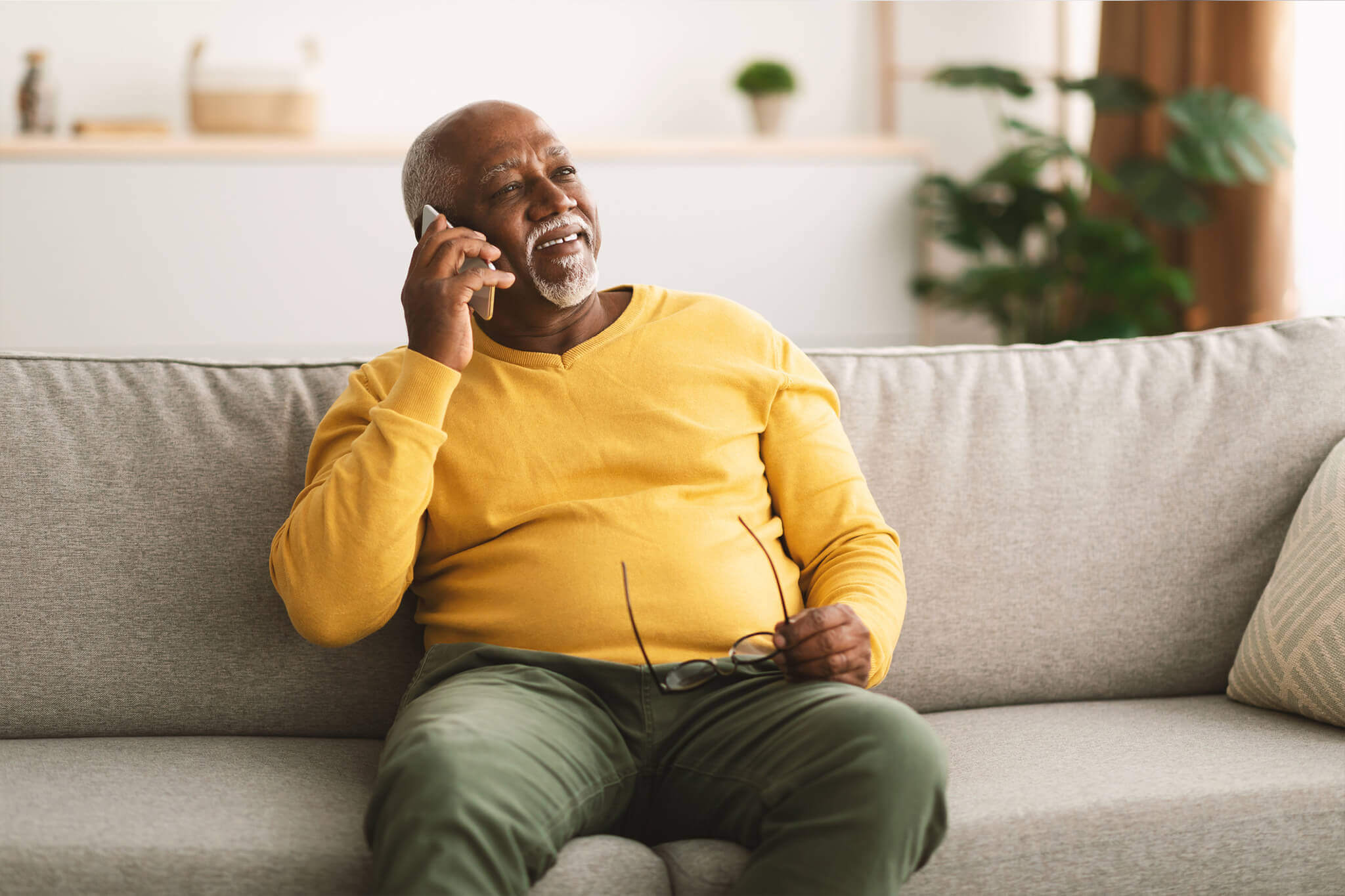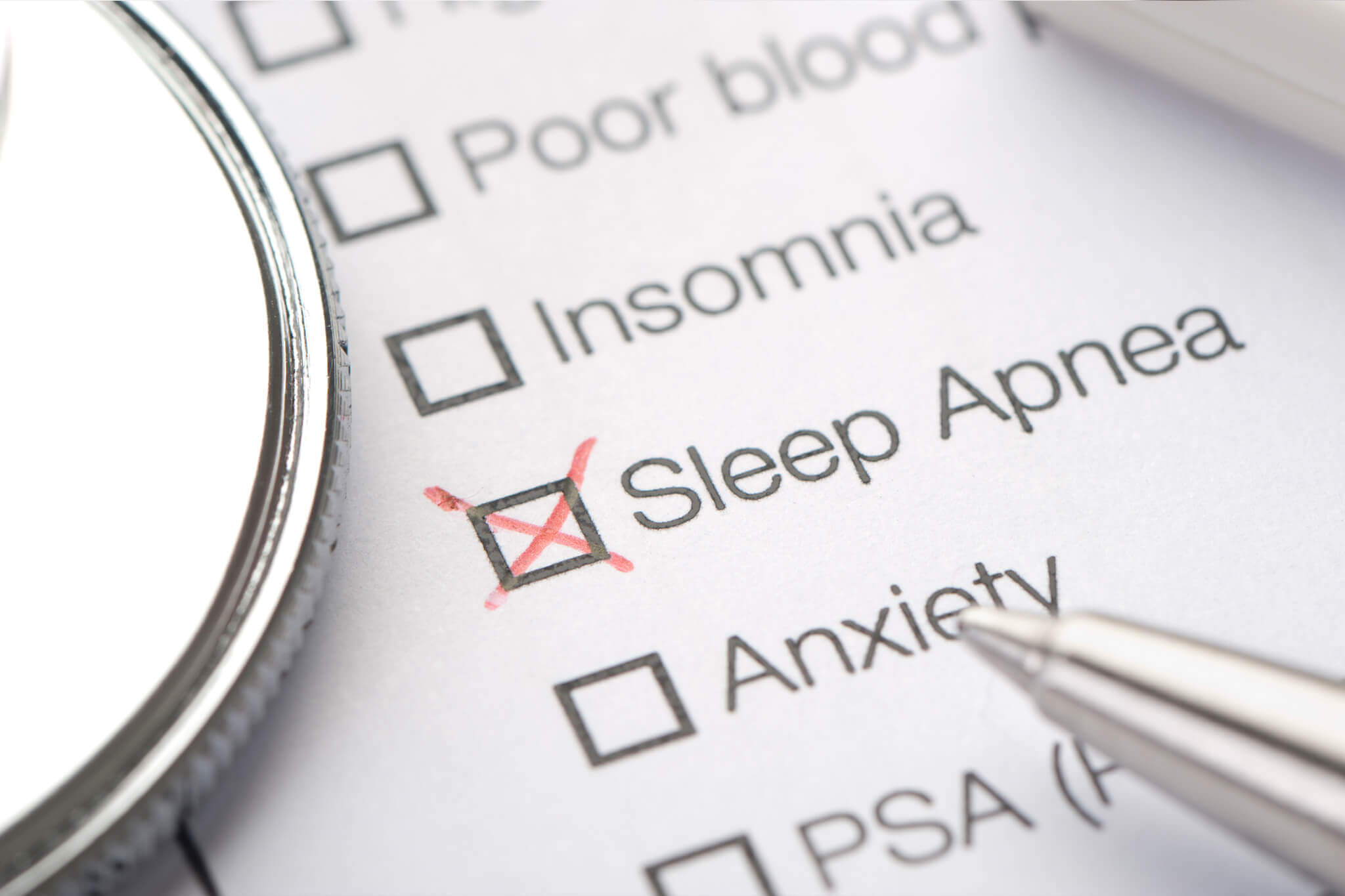Struggling to fall asleep night after night can be frustrating and exhausting. If you are among the millions of adults grappling with insomnia, you might wonder if there is a scientific way to get to the bottom of your sleep troubles. Enter the sleep study—a detailed investigation that can help uncover the mysteries behind your sleepless nights.
In this blog, we will explore how a sleep study works, what to expect, and whether it could be the key to diagnosing your insomnia.
What is Insomnia?
Insomnia is a sleep disorder where people have trouble falling asleep, staying asleep, or waking up too early and not being able to go back to sleep. This can make them feel tired during the day and affect their ability to do things like schoolwork or play sports.
Insomnia can be short-term (lasting a few days or weeks) or long-term (lasting for months).
Common Symptoms of Insomnia
Some signs that you might have insomnia include:
- having a hard time falling asleep at night.
- waking up multiple times during the night.
- feeling tired and irritable during the day because of lack of sleep.
- struggling to focus on tasks because of not getting enough sleep.
What is a Sleep Study and How Does It Work?
A sleep study is a test that records what happens to your body while you sleep. It often takes place in a special sleep center or lab where you spend the night. A sleep study can also be done at home using equipment provided by a sleep specialist.
During a sleep study, different sensors and machines check things like your brain activity, heart rate, breathing, and movement. This information is either assessed in real-time or it is recorded for a specialist to assess later. This helps them understand how well you are sleeping and if there are any problems.
Here are some common things that a sleep doctor monitors through a sleep study:
Brain Activity
Electrodes on your scalp measure electrical activity in your brain. By tracking your brain waves, sleep doctors can see which stages of sleep you go through and how long you spend in each stage. Trouble falling asleep or staying in deeper sleep stages may show signs of insomnia.
Eye Movements
Electrodes near your eyes track movements during sleep. REM sleep is an important sleep stage. Uncommon eye movement patterns can show disruptions in sleep cycles, which can lead to insomnia.
Heart Rate and Rhythm
Electrodes on your chest record your heart rate and rhythm. Irregular heart patterns can affect sleep quality. Monitoring heart activity helps sleep doctors rule out other conditions that might cause sleep problems.
Breathing Patterns
Sensors near your nose and mouth measure airflow, and belts around your chest and abdomen monitor breathing effort. Breathing problems like sleep apnea (where breathing stops and starts) can cause insomnia-like symptoms. Identifying these issues ensures the right diagnosis.
Oxygen Levels
A small clip on your finger measures the oxygen levels in your blood. Low oxygen levels during sleep can be a sign of sleep apnea or other breathing problems, which can contribute to insomnia.
Muscle Activity
Electrodes on your legs and chin monitor muscle activity. This data helps identify restless leg syndrome or periodic limb movement disorder, both of which can disrupt sleep.
Body Position and Movements
Sensors detect changes in body position and movements during sleep. Frequent changes in sleeping position might show discomfort or restlessness, common in people with sleep trouble.
Sound and Video Recording
Some sleep studies also include sound and video recordings to capture snoring and other noises. These recordings can show behaviors like snoring or sleep-talking, which might be linked to sleep disruptions and help diagnose insomnia.
Why Use a Sleep Study for an Insomnia Diagnosis?
A sleep study can be very helpful for diagnosing insomnia and planning insomnia treatment. Here are a few reasons why:
- Identifying Sleep Patterns: The study shows how long it takes you to fall asleep, how often you wake up, and how much time you spend in different stages of sleep.
- Ruling Out Other Disorders: Sometimes, other sleep disorders like sleep apnea and restless leg syndrome can cause insomnia-like symptoms. A sleep study can help identify these issues.
- Creating a Treatment Plan: Based on the results of the sleep study, sleep doctors can create a personalized insomnia treatment plan to help improve your sleep.
Insomnia Treatment Options
If the sleep study shows that you have insomnia, several treatments can help you get better sleep:
Cognitive Behavioral Therapy for Insomnia (CBT-I)
This is a type of talk therapy that helps you change behaviors and thoughts that make it hard to sleep. CBT-I teaches you ways to relax and establish a good sleep routine.
Medications
Sometimes, sleep doctors might prescribe sleeping pills for a short period to help you sleep better. These are usually used along with other insomnia treatments like CBT-I.
Lifestyle Changes
Simple changes in your daily routine can also help. This includes:
- Creating a relaxing bedtime routine
- Going to bed and waking up at the same time every day
- Avoiding caffeine and heavy meals before bedtime
Sleep Study for Insomnia Near Reno, NV
If you have trouble sleeping or have sleep problems, come to MelioREM Sleep Clinic. Our team of sleep experts will work like detectives to find out the root cause of your sleep problem. We conduct detailed sleep studies to figure out what is affecting patients’ sleep and create custom treatment plans to ensure effectiveness. You can have a sleep study in a lab or at home using equipment we can provide.
For more information about insomnia treatment or to schedule an appointment with our sleep doctor, call us today at (775) 557-4900. We look forward to serving you!




